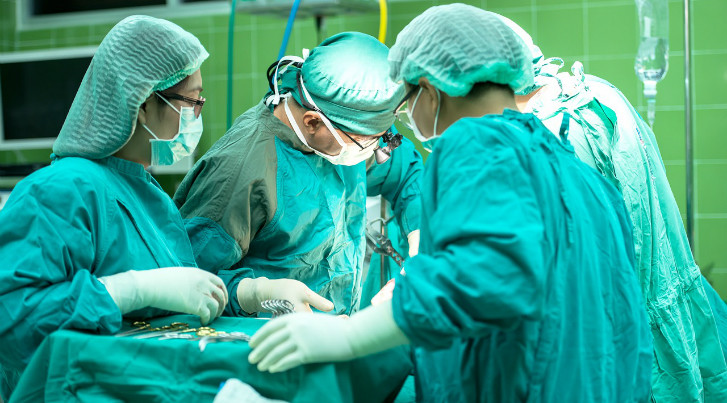Looking after Your Face Post-Surgery
After plastic surgery, patients are usually excited to see their results, but it can be a little disconcerting when those results aren’t immediately apparent. Instead, they’re usually obscured by swelling and bruising. Fortunately, these symptoms usually fade within a few weeks, though this varies from procedure to procedure.
While the initial side effects of plastic surgery and other cosmetic procedures can be discouraging, taking proper care of your skin during this time is essential for ensuring the best results. A healthy skin care regimen during healing reduces the amount of scarring and prevents the modification of your surgeon’s work, minimizing the likelihood of needing revision surgery later, such as for a nose that has set wrong after a rhinoplasty or skin that has relocated after a lift.
What to Expect After Your Procedure
Every procedure and every person is different, so each patient’s recovery is different, but there are some generalizations that can be made. Along with swelling and bruising, most patients will experience redness, sensitivity, tightness, and numbness, but the recovery process after invasive surgical procedures differs significantly from recovery after minimally invasive procedures.
Regardless of the type of procedure you’ve undergone, your doctor will likely prescribe or otherwise recommend medication. These may include oral pain relievers, antibiotics, or steroids, or topical antibiotics or steroids.
After Surgical Plastic Procedures
For invasive surgical procedures, these symptoms typically fade within a few weeks. You will often have to stay at the surgical center at least overnight. You will be sent home with the surgical site dressed in bandages, and will often also have to wear a pressure wrap to reduce swelling and help set the results. You will be impaired after your surgery, so you should have someone drive you home and on hand at home to help take care of you and your obligations while you heal.
After Skin Resurfacing and Minimally Invasive Procedures
For dermabrasion and other forms of skin resurfacing the above symptoms usually last for only one to two weeks, though the skin may continue to have some pinkness for four weeks or more. Patients may also experience some crustiness as the skin heals, which can be removed with a soft wash cloth wetted with warm water. Even injections can leave the skin with some pinkness and feeling sensitive. These procedures are typically outpatient procedures and you can often even return to work immediately following your procedure.
Pamper Your Skin
Regardless of the type of procedure you undergo, you need to baby your skin afterwards. Your skin will be particularly sensitive, so using sun protection and a heavy duty moisturizer is imperative for ensuring the best possible healing. However, talk to your doctor about what he recommends before applying any product to skin that has not yet fully healed.
Don’t apply cosmetics or other skin products to open wounds, unless your doctor specifically recommends it. After wounds have closed, cosmetics may be applied. Stick to thin layers of lightweight mineral formulas specifically made for sensitive skin. Use a green color corrector under concealer or foundation to counteract any red or pink tint to your skin. At the end of the day, wash off cosmetics and other products thoroughly with a gentle cleanser.
Choose the Best Doctor
The best thing you can do to make your recovery quicker and easier is choosing a skilled and experienced plastic surgeon. The best plastic surgeons know the most effective techniques and can make smaller incisions, so your procedure results in less trauma and therefore less need for later scar removal. It also makes it easier for your body to recover. The best surgeons can also give you the best possible possible recovery and care instructions, giving you better and more natural results with less risk of scarring or modifying results.
Dr. William J. Binder is a Los Angeles based facial plastic surgeon who is considered one of the world’s leading plastic surgeons. He is board certified by both the American Board of Facial Plastic and Reconstructive Surgery and the American Board of Otolaryngology and Head and Neck Surgery, but Dr. Binder’s true passion is working with his patients. Contact Dr. Binder’s office today to schedule your consultation.

